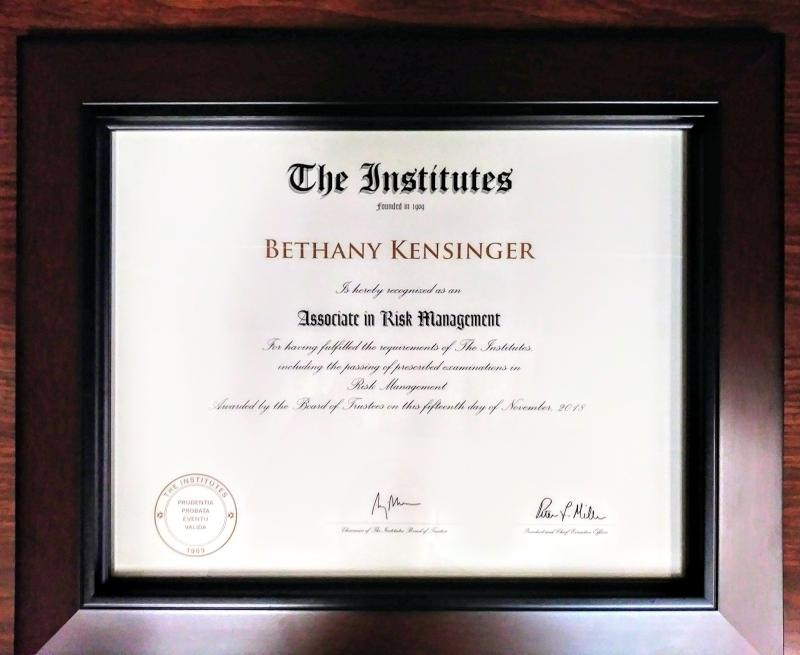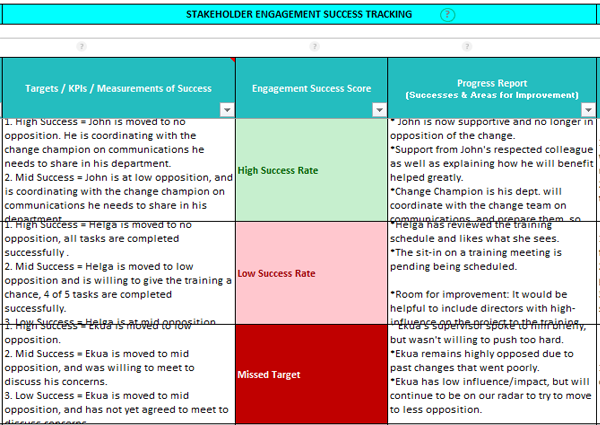
Clark Construction is a well-respected general contractor in the United States. Interns can expect to be taught by some of the most skilled construction professionals in this industry. Additionally, associate positions at Clark provide real-world hands-on construction experiences that prepare future construction professionals for careers in the field. You will have the opportunity to work with some of America's most renowned construction companies and learn from them.
Your job duties
Clark Construction internships are a great way to learn from top-notch construction professionals. You will have the opportunity of learning from real-world experience about how the business works. These internships give students a realistic view of construction while providing valuable hands-on experiences.

In addition to your internship duties on the job site, you will also have the opportunity to work in many corporate departments. Clark is a building company. You will be able learn all about it and how to impact the world. There are opportunities in Virtual Design & Construction, Research & Development, Scheduling, Safety, Sustainability, and Talent Management.
Salary
Clark Construction Group pays competitive salaries. Based on compensation and perks they rank in the top 15% of US businesses. Clark Construction Group is a positive workplace where most employees feel satisfied with their jobs. The company's turnover rate is low and employees are satisfied with their jobs, which is a significant advantage over its competition. Clark Construction Group offers many additional benefits, including a paid internship.
Clark Construction Group offers an average salary of $106,341 a year, or $51 per hours. It can vary by job, education level and department. For example, the highest paid position is Director of Operations, which pays $331,673 annually, while the lowest paying position is an Admin Assistant, which pays $50,345 per year. You can also find the salary ranges by department. The average salaries for the Director in Marketing and Director of HR are $112 811 and $88,113.
Location
If you're looking for an internship location near you, consider a position with Clark Construction. This company is consistently ranked one of the top general contractors nationwide. By working for Clark, you can learn from the top construction experts in the industry while building some of the most prestigious projects in the country. This internship allows you to get a more realistic look at construction and gives you valuable, hands-on experience.

Clark Construction Group's employees are very happy at work. 86% report they love their jobs. Clark Construction Group employees average less than eight hours each day. Clark's overall company culture ranks third. Clark's employees are generally satisfied about their work and the benefits they receive.
FAQ
How does a manager develop his/her management skills?
By practicing good management skills at all times.
Managers must monitor the performance of subordinates constantly.
You must act quickly if you notice that your subordinate isn’t performing to their standards.
You should be able pinpoint what needs to improve and how to fix it.
What are the three basic management styles?
These are the three most common management styles: participative (authoritarian), laissez-faire (leavez-faire), and authoritarian. Each style has its advantages and disadvantages. Which style do yo prefer? Why?
Autoritarian – The leader sets the direction for everyone and expects them to follow. This style is best when the organization has a large and stable workforce.
Laissez-faire – The leader gives each individual the freedom to make decisions for themselves. This style is most effective when the organization's size and dynamics are small.
Participative - The leader listens to ideas and suggestions from everyone. This approach works best in small organizations where everyone feels valued.
What are some of the common mistakes made by managers?
Managers can make their jobs more difficult than necessary.
They may not assign enough responsibilities to staff members and provide them with inadequate support.
Additionally, many managers lack communication skills that are necessary to motivate and direct their teams.
Some managers create unrealistic expectations for their teams.
Some managers may try to solve every problem themselves instead of delegating responsibility to others.
Why is project management important for companies?
Project management techniques ensure that projects run smoothly while meeting deadlines.
Because most businesses depend heavily on project work to produce goods or services,
Companies need to manage these projects efficiently and effectively.
Without effective project management, companies may lose money, time, and reputation.
What is the difference between TQM and Six Sigma?
The main difference between these two quality management tools is that six sigma focuses on eliminating defects while total quality management (TQM) focuses on improving processes and reducing costs.
Six Sigma stands for continuous improvement. It emphasizes the elimination or minimization of defects through statistical methods such control charts and p charts.
This method aims to reduce variation in product production. This is accomplished by identifying the root cause of problems and fixing them.
Total quality management involves measuring and monitoring all aspects of the organization. It also includes training employees to improve performance.
It is used to increase productivity.
Statistics
- The profession is expected to grow 7% by 2028, a bit faster than the national average. (wgu.edu)
- As of 2020, personal bankers or tellers make an average of $32,620 per year, according to the BLS. (wgu.edu)
- The BLS says that financial services jobs like banking are expected to grow 4% by 2030, about as fast as the national average. (wgu.edu)
- 100% of the courses are offered online, and no campus visits are required — a big time-saver for you. (online.uc.edu)
- Hire the top business lawyers and save up to 60% on legal fees (upcounsel.com)
External Links
How To
How can you implement Quality Management Plan (QMP).
QMP (Quality Management Plan) is a system to improve products and services by implementing continuous improvement. It helps to improve customer satisfaction and product/service quality by continuously measuring, analyzing, controlling and improving.
QMP is a standard way to improve business performance. QMP improves production, service delivery, as well as customer relations. QMPs should encompass all three components - Products and Services, as well as Processes. If the QMP focuses on one aspect, it is called "Process." QMP. When the QMP focuses on a Product/Service, it is known as a "Product" QMP. The QMP that focuses on customer relationships is known as the "Customer" QMP.
Scope, Strategy and the Implementation of a QMP are the two major elements. These elements are as follows:
Scope: This determines the scope and duration of the QMP. This scope can be used to determine activities for the first six-months of implementation of a QMP in your company.
Strategy: This is the description of the steps taken to achieve goals.
A typical QMP includes five phases: Design, Planning, Development and Implementation. Below is a description of each phase:
Planning: This stage identifies and prioritizes the QMP's objectives. All stakeholders involved in the project are consulted to understand their requirements and expectations. After identifying the objectives, priorities and stakeholder involvement, it's time to develop the strategy for achieving the goals.
Design: This stage is where the design team creates the vision, mission and strategies necessary for successful implementation of QMP. These strategies are implemented by the development of detailed plans and procedures.
Development: Here the development team works toward building the necessary resources and capabilities to support the successful implementation.
Implementation: This involves the actual implementation of the QMP using the planned strategies.
Maintenance: The maintenance of the QMP is an ongoing task.
Additional items must be included in QMP.
Stakeholder Engagement: It is crucial for the QMP to be a success. They should actively be involved during the planning and development, implementation, maintenance, and design stages of QMP.
Initiation of a Project: A clear understanding and application of the problem statement is crucial for initiating a project. Also, the initiator should understand why they are doing it and what they expect.
Time Frame: The time frame of the QMP is very critical. If you plan to implement the QMP for a short period, you can start with a simple version. For a long-term commitment you may need more complicated versions.
Cost Estimation: Another important component of the QMP is cost estimation. It is impossible to plan without knowing what you will spend. Cost estimation is crucial before you begin the QMP.
QMPs are not just a written document. They should be a living document. It changes with the company. It should be reviewed on a regular basis to ensure that it is still meeting the company's needs.